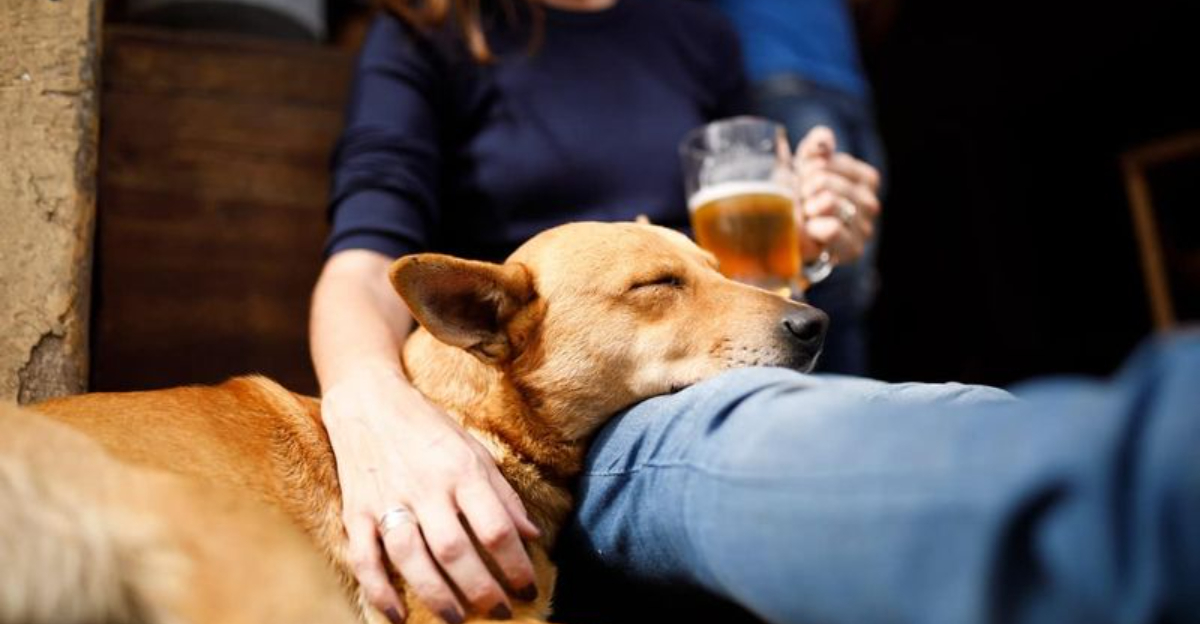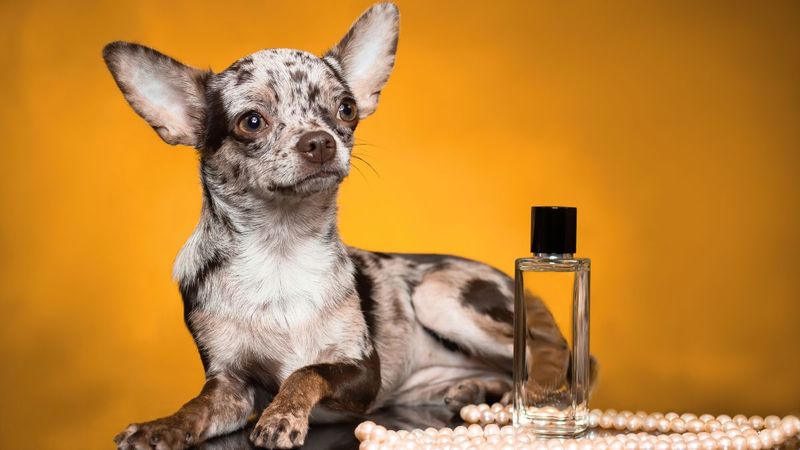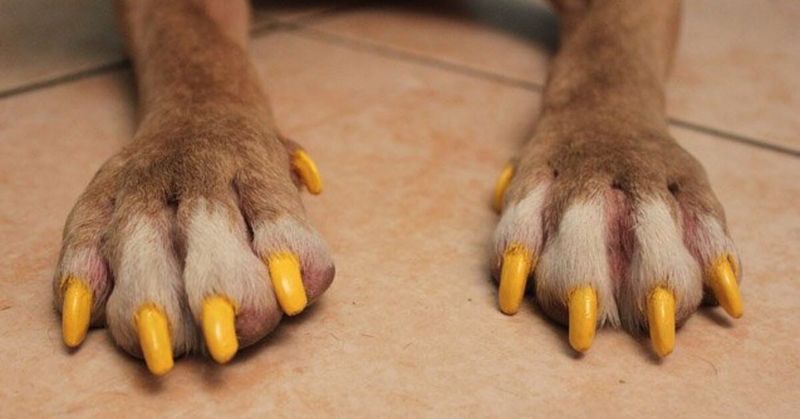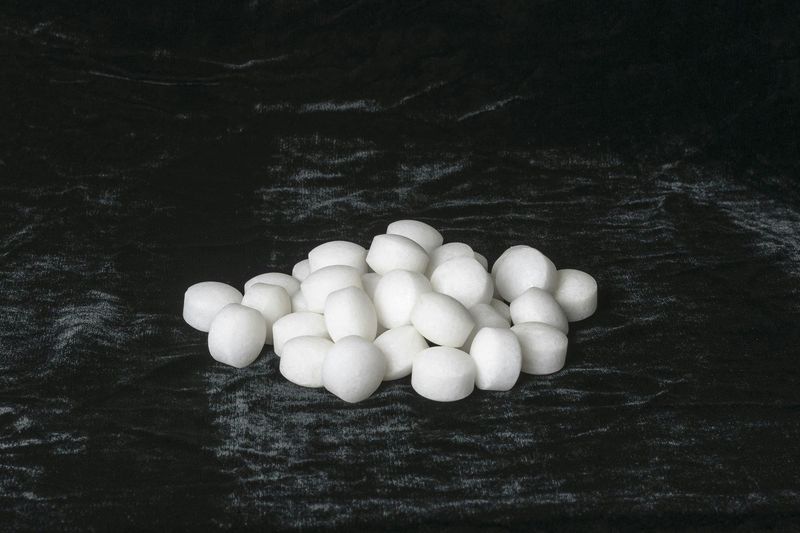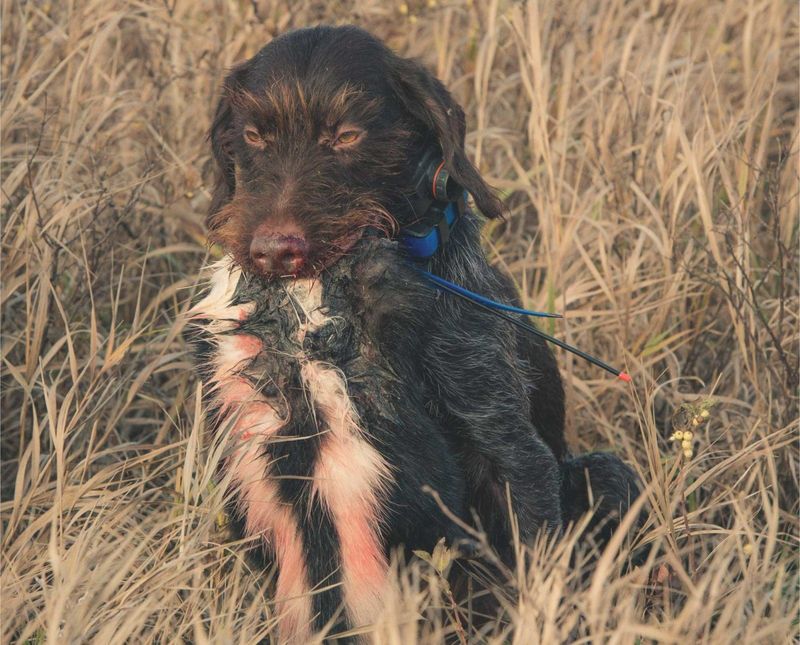Dogs have an extraordinary sense of smell, which is why certain odors that are tolerable to humans can be overwhelming to them. Understanding which scents dogs dislike can help pet owners avoid causing their furry friends any discomfort. Whether it’s a pungent aroma or a subtle scent, knowing what might make a dog scrunch up its nose is beneficial for both training and companionship. Here are nine smells that dogs typically despise, along with descriptions, images prompts, and search queries to better understand each one.
Citrus
A whiff of citrus can be refreshing to humans, but for dogs, it’s a different story. The sharp, tangy scent of oranges, lemons, or grapefruits can cause a dog to turn its nose in distaste. Many dog owners use citrus peels as a natural deterrent to keep their pets away from certain areas. The high concentration of citric acid in these fruits is what makes the smell so potent and unpleasant for dogs, affecting their sensitive noses. It’s essential to ensure that any use of citrus as a deterrent is safe and non-irritating to the pet.
Vinegar
Vinegar is another smell that often has dogs backing away. The strong, acidic aroma can be overwhelming to their sensitive noses, making it an effective but gentle deterrent for unwanted behavior. While vinegar is commonly used in household cleaning, its pungent scent can linger, causing a dog to stay clear of areas where it has been applied. However, it’s important to ensure that vinegar is used sparingly and with caution, as excessive exposure may lead to irritation. Always consider the dog’s comfort when using vinegar around the house.
Alcohol
The sharp, astringent scent of alcohol is enough to make most dogs recoil. Whether it’s rubbing alcohol or the aroma of alcoholic beverages, the high alcohol content is too strong for a dog’s nose. Many grooming and cleaning products contain alcohol, so it’s important for dog owners to be mindful of their use around pets. The overwhelming scent can cause stress or discomfort, leading to a negative association with certain environments. Always ensure that alcohol-containing products are securely stored away from curious paws and snouts.
Ammonia
When it comes to ammonia, the pungent odor can be quite offensive to dogs. Often found in cleaning products, ammonia’s strong smell can mimic that of urine, causing confusion or anxiety in dogs. This similarity can lead to territorial behaviors or stress, making it important to use ammonia-based products with caution. Pet owners should avoid using ammonia in areas frequented by their furry friends. The discomfort it causes can be easily prevented by choosing alternative cleaning solutions that are more pet-friendly.
Perfumes and Colognes
While perfumes and colognes are designed to appeal to human senses, they often have the opposite effect on dogs. The complex mix of chemicals and strong synthetic fragrances can overwhelm a dog’s keen sense of smell. This can lead to dogs avoiding areas or people wearing strong scents, seeking fresher air elsewhere. For dog owners, it’s wise to apply such products sparingly and ensure pets are comfortable with the scents. The goal is to maintain harmony, allowing dogs to enjoy their surroundings without being overpowered by human fragrances.
Nail Polish
Nail polish and its remover contain potent chemicals that can be quite unpleasant for dogs. The strong, pungent odor of these products can irritate a dog’s nose, making them eager to escape the room. The acetone in removers is particularly offensive, resulting in a sharp and biting smell. For pet owners, it’s crucial to use these products in well-ventilated areas, away from their furry companions. Keeping the environment calm and pleasant for dogs ensures their comfort and prevents unnecessary stress due to overpowering scents.
Mothballs
Mothballs, with their strong, chemical scent, serve as a significant deterrent for dogs. The pungent smell, designed to repel moths, is equally repulsive to dogs, making them turn away in distaste. Mothballs contain naphthalene or paradichlorobenzene, both of which are toxic to dogs if ingested. Pet owners should always store these repellents safely and out of reach of curious pets. Ensuring that mothballs are used only in pet-free zones can help prevent any accidental ingestion or discomfort caused by their intense odor.
Chili Peppers
Chili peppers, with their fiery aroma, can be quite off-putting for dogs. The spicy scent, caused by capsaicin, is not only intense but can also cause irritation if inhaled. Dogs tend to avoid areas where chili peppers are present, making them an effective deterrent for certain behaviors. Pet owners should use chili-based deterrents with caution, ensuring they are placed out of reach to prevent accidental ingestion. The focus should be on maintaining safety and comfort for dogs while using natural methods to manage their environment.
Skunk Spray
The infamous skunk spray is notorious for its unbearable stench, not just for humans but especially for dogs. The oily, pungent odor can linger for days, causing distress and discomfort to any dog unfortunate enough to be sprayed. Pet owners need to be vigilant during walks or in areas where skunks are common to prevent encounters. If a dog does get sprayed, prompt action with a de-skunking treatment is essential to alleviate the smell. Ensuring a safe distance from skunks helps avoid the ordeal altogether.
